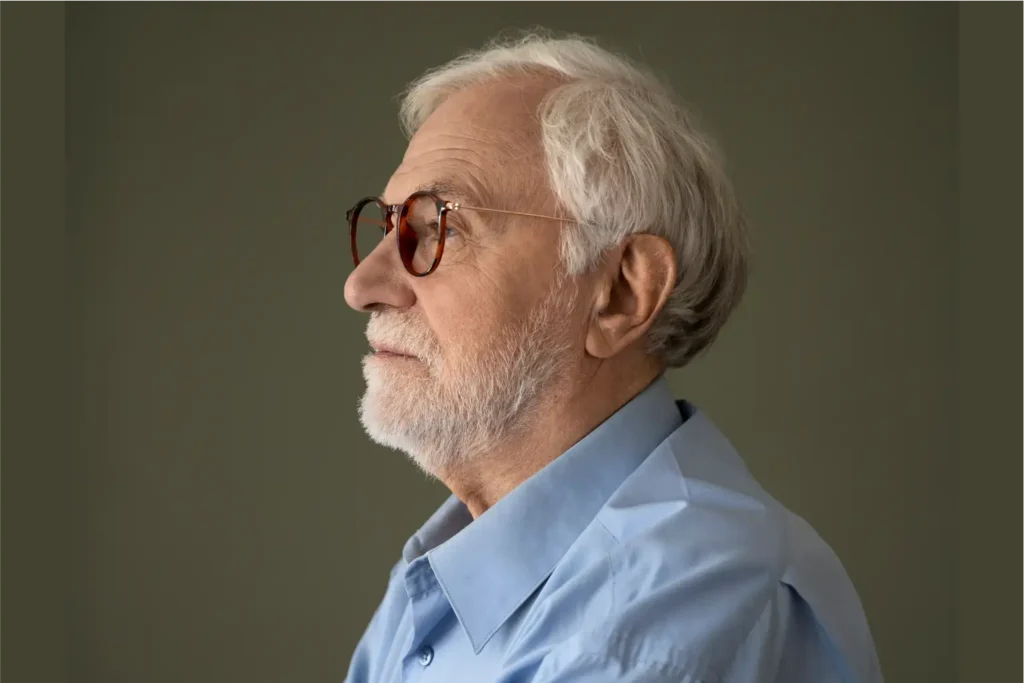
A new study has shown that the human brain continues to generate new neurons well into late adulthood. The research by Sweden’s Karolinska Institutet provides strong evidence that neurogenesis, the birth of new neurons, occurs in the hippocampus, the brain’s center for memory and learning.
Led by Professor Jonas Frisén, the team identified neural progenitor cells, the precursors to neurons, that were actively dividing in adult brain tissue.
Also Read | Prolonged sitting linked to brain shrinkage, even with regular exercise: Study
“We have now been able to identify these cells of origin, which confirms that there is an ongoing formation of neurons in the hippocampus of the adult brain,” said Frisén.
The team examined brain tissue from individuals aged 0 to 78 years, using advanced techniques such as single-nucleus RNA sequencing, flow cytometry, and spatial gene mapping technologies. These tools revealed active neuron development in the dentate gyrus, a subregion of the hippocampus linked to learning and cognitive flexibility.
The researchers also found that while some adults had a high number of progenitor cells, others had very few, highlighting individual variability in brain plasticity. The study also showed similarities in neural development between humans and other mammals, including mice and monkeys, though some gene activity patterns differed.
“This gives us an important piece of the puzzle in understanding how the human brain works and changes during life,” said Frisén. He also added that the findings could potentially lead to the development of regenerative therapies that target neurodegenerative and psychiatric conditions by stimulating neurogenesis.
The study was conducted in collaboration with researchers from Chalmers University of Technology and several international biobanks. It was published in the journal Science.








